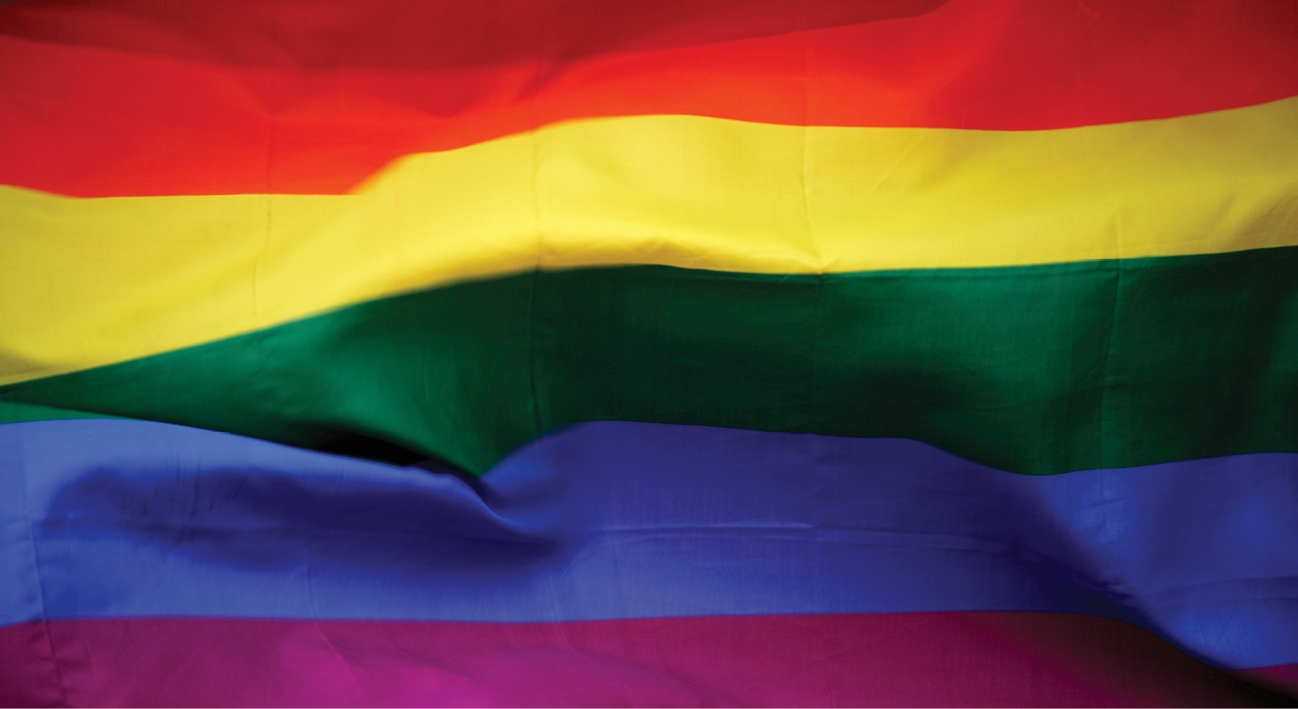We don’t know what we don’t know
July 29, 2020 - Tony Schwartz CEO The Energy Project

This weekend someone in my social media feed posted a lyric from the song Colours of the Wind from the Disney Pocahontas movie – they were relating it to the Black Lives Matter and BIPOC movement:
You think the only people who are people
Are the people who look and think like you
But if you walk the footsteps of a stranger
You’ll learn things you never knew, you never knew
It’s a beautiful lyric in many ways, but it was the last sentence that really struck me. It caused me to think about a knowledge matrix that I learned about years ago when I was working as a marketing and insights consultant at Sklar Wilton & Associates.
The Knowledge Matrix
In this 2 x 2 model we compare knowledge with awareness or consciousness of that knowledge.
Here’s my recreation of the model.

I didn’t know who to give credit to for this model, so I did a bit of digging. It appears it is used by NASA and it has very broad application in defence, politics as well as strategic planning and leadership. There are even references to the great philosopher Socrates touching upon this idea as he sought to understand wisdom. He explored the notion that being wise might not be a matter of possessing knowledge, but rather being aware of the limits of one’s knowledge. That would mean that in seeking a wise person, we would not look for the person who knew the most, but rather one who had the courage to understand what they knew and that they in fact knew very little, causing them to remain curious and open.
I believe this model can be applied to any aspect of our personal or professional lives, but let’s look at it now in a professional context.
Applying the knowledge matrix
Professionally, many are typically quite comfortable with what they know that they know.
-
We know how to make widgets better than our competitors.
Many will delegate things that they know they don’t know if it is deemed important or train themselves or their team to learn about that area.
-
We know that we don’t know how to distribute our widgets efficiently to our buyers, so we hire a distribution company to do that for us.
What they don’t know that they know, are things that a person is not really aware of knowing or perhaps take for granted that they know. We often only become aware when dealing with someone who doesn’t know what we know… are you still following?
Imagine you’re talking to someone new to your industry. You’re using words and phrases that are second nature to you. The person you’re talking to you starts glazing over. You suddenly become aware of what you know.
Here are a few examples of where this becomes important:
-
When creating advertising make sure you’re not assuming that people (your target audience) know what you know. There are so many times where we at Upwords do advertising or communications optimization and have to tell our clients that people didn’t understand what something they said meant.
-
When public speaking or talking to those outside of your industry ensure you know your audience’s level of awareness, so you don’t speak over their heads.
-
When conducting research, don’t use words and phrases or acronyms that the average person won’t know… even if you think it’s so obvious, there’s no harm in spelling it out. If they don’t properly understand your question you won’t get a meaningful response.
What you don’t know you don’t know
This last category is my favourite, but it’s definitely not that way for everyone. This is the area Donald Rumsfeld famously referred to as ‘unknown unknowns’ in 2002. These are our blind spots; the things we are not aware of. In research, especially exploratory research, this is the richest area for insight generation. This is the area that gets us thinking outside of our boxes. This is also the area that is hardest to plan for. You see, we always think we know the questions to ask, but these unknown unknowns often become illuminated only when we, as qualitative researchers, go off the script and explore a tangent.
What we can learn from the knowledge matrix
The most important implication is to be aware that there are things you don’t know you don’t know… about everything.
This awareness encourages us to…
-
always stay curious, inquire, ask a lot of open-ended questions
-
observe without evaluating
-
challenge assumptions
-
become comfortable with ambiguity
-
maintain diversity of perspectives
Diversity helps uncover unknown unknowns
This last point is worth pausing and digging deeper on. You see, the unknown unknown for you, is likely known by someone else.
Here are two very practical implications:
-
The more diverse your team is more likely you are to see new possibilities and hear different perspectives that you personally had never considered
-
The more your research includes diverse sample and a few who are perhaps ‘on the fringe’, the more likely you are to uncover these rich blind spots
And then, coming full circle, as I am writing this, I realize that the song lyric brought those two elements together; diversity and the unknown unknown…
You think the only people who are people
Are the people who look and think like you
But if you walk the footsteps of a stranger
You’ll learn things you never knew, you never knew
What examples do you have of how you learned something you never knew you never knew?